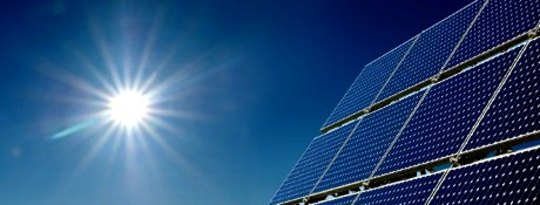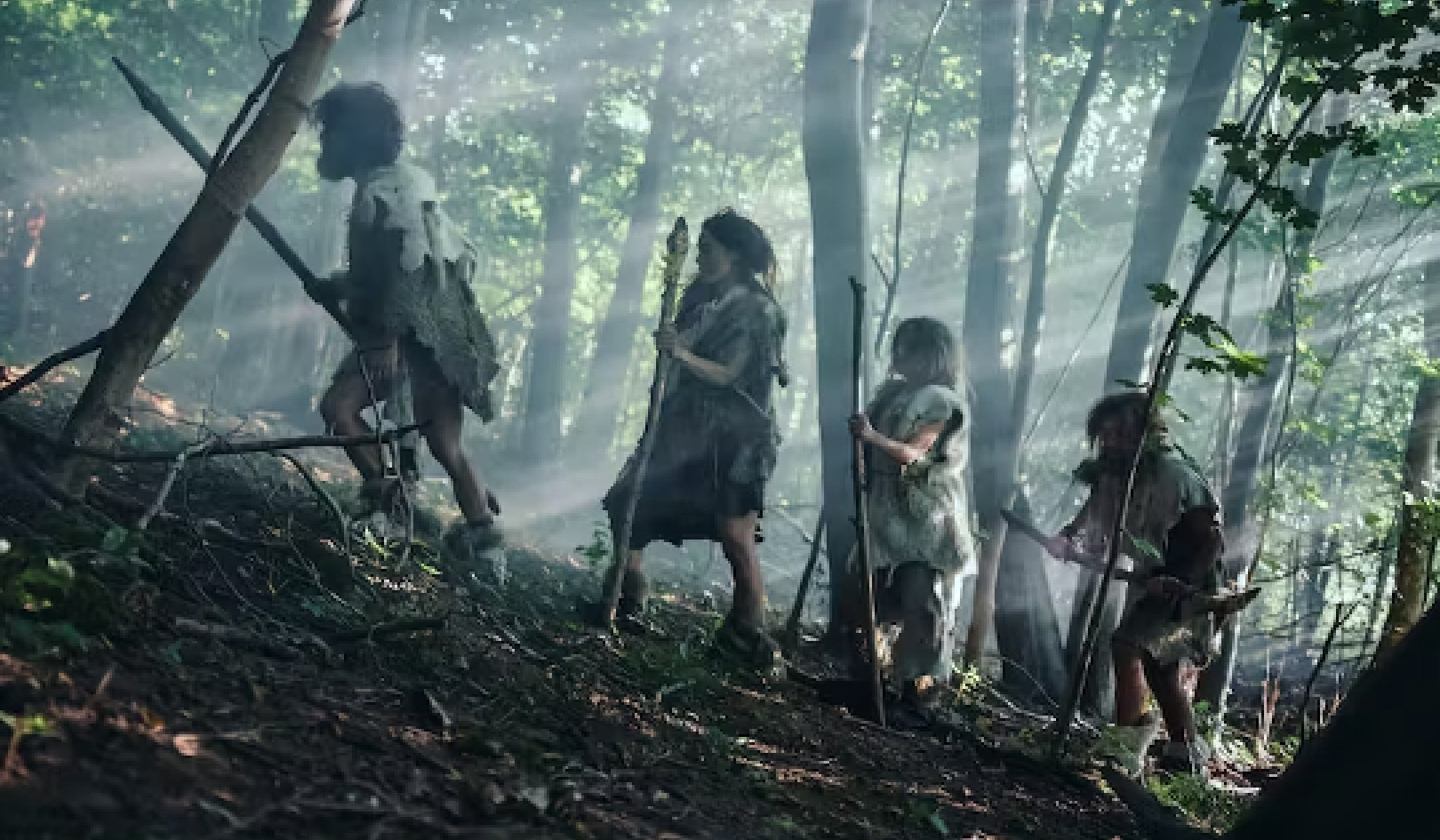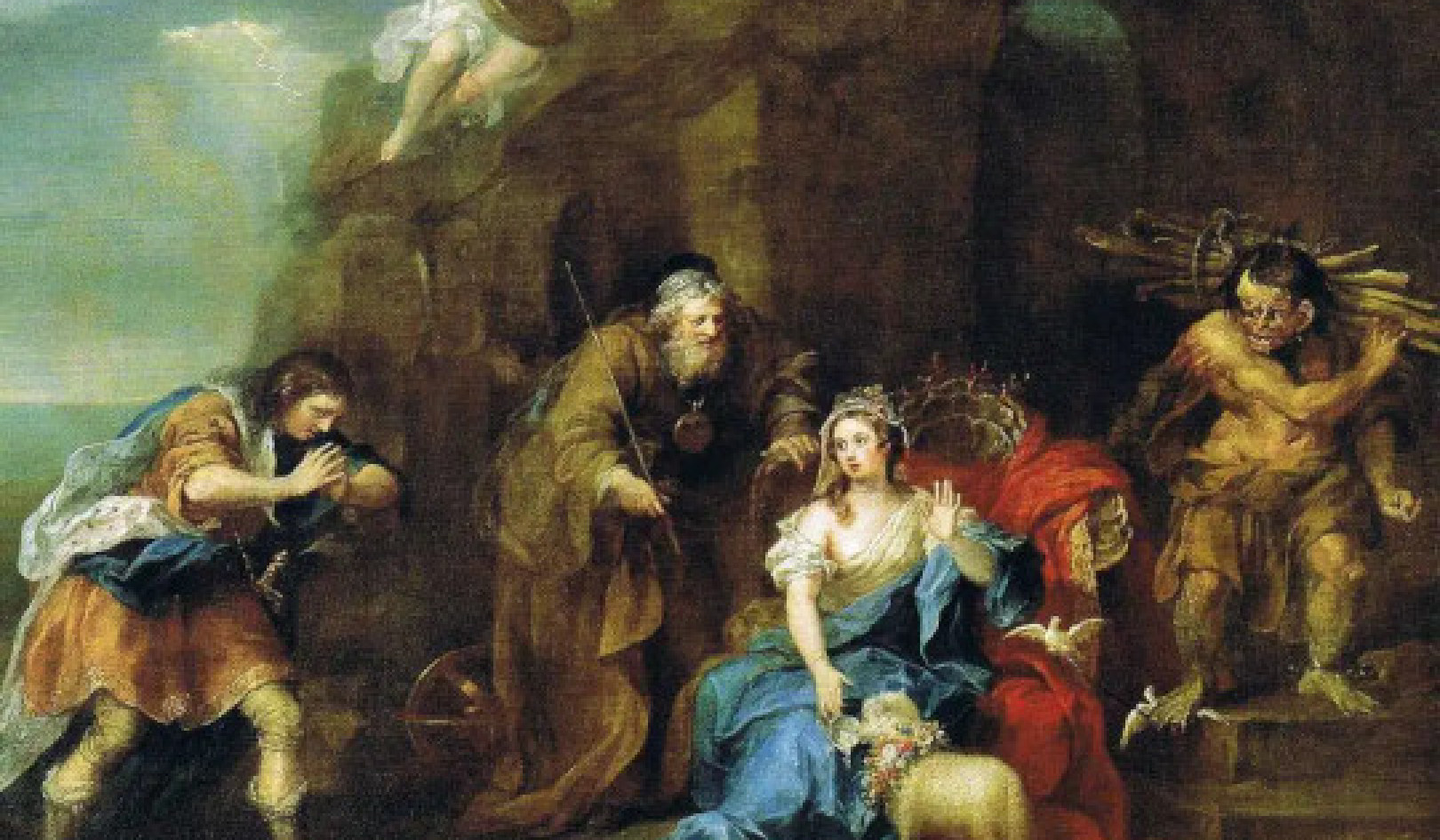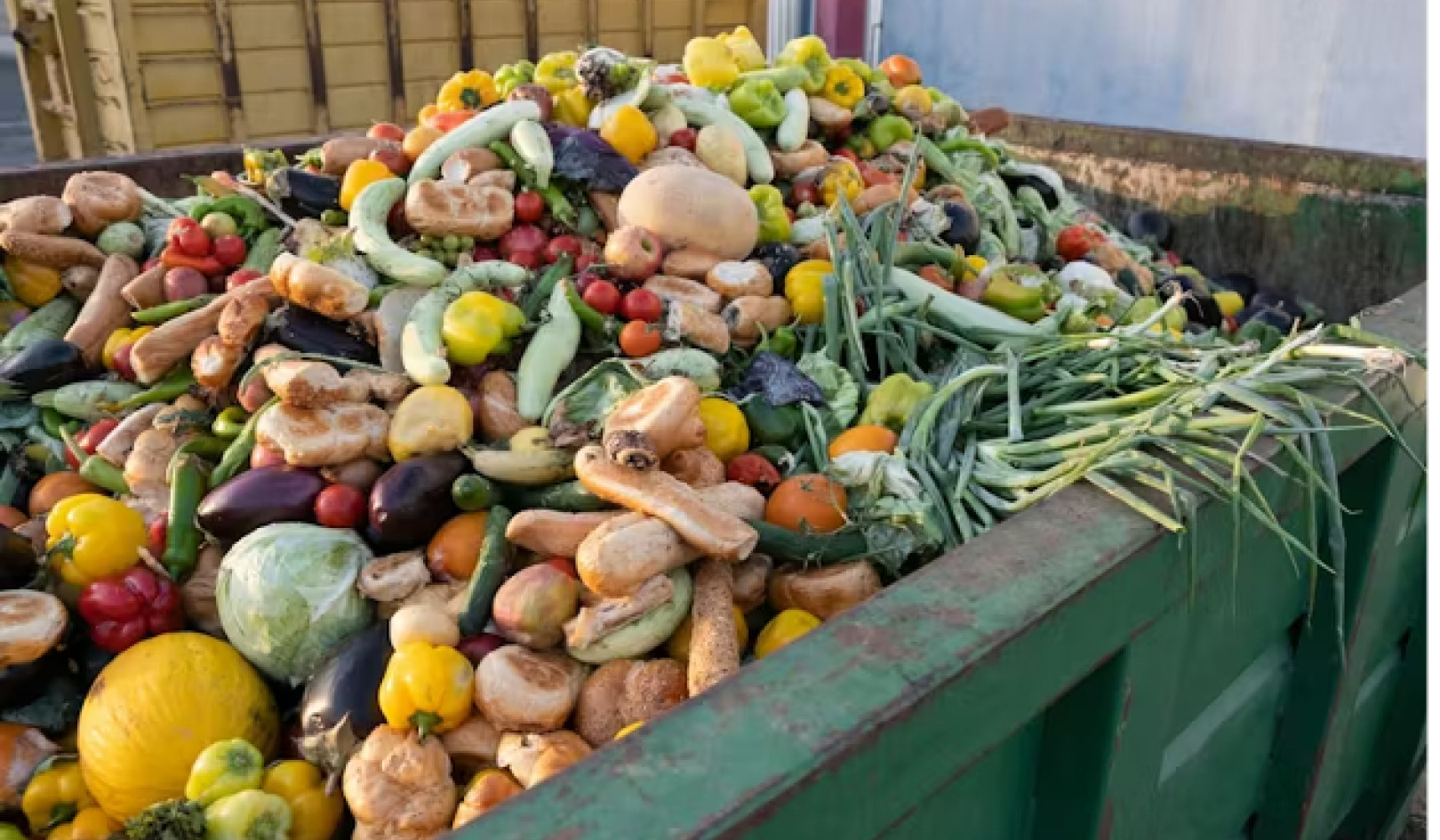
Growing from humble backyard tinkering in its early days to a multi-billion dollar industry today, solar electricity has the capacity to one day knock planet-killing fossil fuels from their nefarious perch, and its early history exemplifies the "ask forgiveness rather than ask permission" approach. The early pioneers of solar electricity weren't so much breaking the law as they were just totally off the radar screen of any kind of government official.
I had a long chat with David Katz, a highly respected solar guru from the earliest days, at his home in Arcata, California. David got started in solar back in 1979, after he bought some land in Humboldt county and built a home. At first he would charge up extra car batteries when he drove into town. When he returned home, he would plug his house into his car and run some lights and a stereo from the charged batteries.
In 1980 he attended the Consumer Electronics Show in Las Vegas and a guy in one of the booths had some solar toys. David got the man to sell him a hundred solar panels and took them back to Humboldt, where he sold the lot in a few days. You didn't need to drive into town to have lights and music anymore. Alternative Energy Engineering was born, and David has worked in the business ever since.
All of these early systems were off the grid, meaning they only served the individual residence to which they were connected, and extra electricity was stored in car, and later marine, batteries.
Y2K: Solar Electricity Powered By Fear
The next stage of the solar electricity revolution was powered by fear. The nineties were coming to a close, and with it, Western civilization itself. Y2K was going to wipe out all telecommunications, electricity generation and the ability of corn to grow or cows to produce milk. Silicon Valley was quivering in its loafers, and well-paid computer types started dumping tons of money into electricity for their compounds to save their families from the coming catastrophe. How would they survive without refrigeration and air conditioning?
Solar electric (aka photovoltaic, or PV) systems got substantially bigger and more complex, and the increased interest and money started to bring improved products onto the scene, not just more efficient PV modules but also inverters, racking and other infrastructure. But another big thing happened. Some of these PV systems weren't just off-grid, they were backup systems to residences already tied to the grid, and the potential existed to tie them into the grid ("grid-tie") and pump solar electrons out into the world at large.
The first day of the new millennium arrived, and everything hummed along just as it had the day before. So Y2K was either the biggest scam ever perpetuated or a narrowly averted disaster that would have ruined industrial civilization save for the brilliant hard work of thousands of computer programmers. Maybe history will sort it out, although I've often found official history to be lacking in the truth department. At any rate, here were all these backup PV systems, waiting to be tied to the grid.
Solar Electricity Enters The Mainstream
 When our cob house was finished and my former wife and I started seriously looking into solar electricity in 2004, it was still in the waning days of do-it-yourself off-grid, at least in North Carolina. The grid-tied revolution was marching westward through the Southwest, but us bumpkins in North Carolina had no clue.
When our cob house was finished and my former wife and I started seriously looking into solar electricity in 2004, it was still in the waning days of do-it-yourself off-grid, at least in North Carolina. The grid-tied revolution was marching westward through the Southwest, but us bumpkins in North Carolina had no clue.
We were just starting to cobble together the pieces for our small 310-watt off-grid system when Mr. Inspector showed up and asked what exactly in the hell we thought we were doing, building a house out of mud. As if that wasn't weird enough, we wanted to make our electricity from the sun? We had some "splaining to do," as they say in these parts.
God, fate, karma or the Cosmic Waiter, or whatever name you assign to the mysterious, gave us a reasonable and, even more amazing, curious inspector. Now that I've got almost another decade or so of dealing with inspectors behind me, I realize that finding one with this particular trait is like finding a restaurant at the beach that knows how to cook seafood without frying it. And at least in North Carolina, that is rare indeed.
Solar Energy: Source of Security and Freedom
By this time we were learning more about the whole grid-tied phenomenon, and this actually elicited an interesting philosophical conundrum. Do you adopt the attitude of saying "Screw it," and keep all the sustainable juice for yourself, or do you take the first step in trying to get things rolling in a positive direction by sharing it with your energy-guzzling neighbors?
Ultimately, this proved to be a moot point for us at this juncture, firstly because our PV array was miniscule to the point of hilarity, and secondly because our inspector, a trained electrician, made never tying to the grid a condition for approving our solar project.
The question simmered though, and ultimately came down to whether you act out of fear or out of hope, and the potential ramifications of both. Or, phrased philosophically, do you pursue the perception of security or the evanescence of liberty?
©2011 by Stephen Hren. All rights reserved.
Reprinted with permission of the publisher,
New Society Publishers. http://newsociety.com
This article was adapted with permission from the book:
Tales From the Sustainable Underground: A Wild Journey with People Who Care More About the Planet Than the Law
by Stephen Hren.
 Activists striving for any type of social change often find themselves operating on the fringes of legal and social norms. Many experience difficulties when their innovative ideas run afoul of antiquated laws and regulations that favor a big business energy- and material-intensive approach. Tales From the Sustainable Underground is packed with the stories of just some of these pioneers — who care more for the planet than the rules — whether they're engaged in natural building, permaculture, community development, or ecologically based art.
Activists striving for any type of social change often find themselves operating on the fringes of legal and social norms. Many experience difficulties when their innovative ideas run afoul of antiquated laws and regulations that favor a big business energy- and material-intensive approach. Tales From the Sustainable Underground is packed with the stories of just some of these pioneers — who care more for the planet than the rules — whether they're engaged in natural building, permaculture, community development, or ecologically based art.
Click here for more info and/or to order this book.
About the Author
 Stephen Hren is a restoration carpenter, builder and teacher who specializes in sustainable design and passive and active solar heating technologies. Along the way Stephen has helped to start a local food co-op and an edible landscaping collective, and retrofitted an existing home to not use any fossil fuels. He is the co-author of The Carbon-Free Home and A Solar Buyer's Guide for the Home and Office.
Stephen Hren is a restoration carpenter, builder and teacher who specializes in sustainable design and passive and active solar heating technologies. Along the way Stephen has helped to start a local food co-op and an edible landscaping collective, and retrofitted an existing home to not use any fossil fuels. He is the co-author of The Carbon-Free Home and A Solar Buyer's Guide for the Home and Office.























